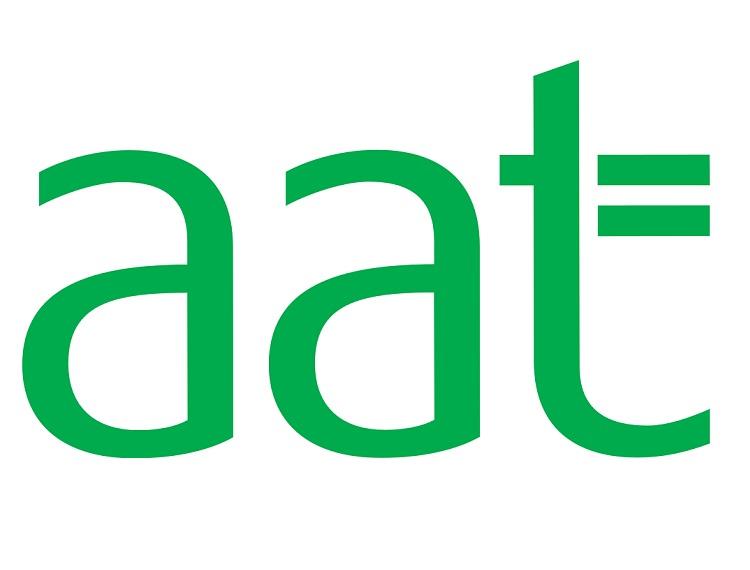School leavers say careers advice remains ‘insufficient’ despite Government commitments

One in two students who are leaving secondary education in 2018 have said that they do not receive enough careers advice, according to a new survey published today by AAT (Association of Accounting Technicians).
AAT spoke with over 1,000 17-18 year olds who intend to leave school after completing their A-levels in the summer, ahead of the UCAS deadline for university applications on Monday (15 January). The survey revealed that university was the destination that they had the most knowledge of, with twice as many school leavers (72%) telling us they were aware of UCAS compared to the National Apprenticeship Service (36%). Only half (50%) had heard of the information provided by the National Careers Service.
And the availability of careers advisers within schools and colleges also seems to be scarce. Only 43 per cent of school leavers said they receive careers information and guidance from a careers adviser at their school or college, something the skills minister Anne Milton is keen to tackle this year, pledging £4 million to ensuring every school has a dedicated careers leader by the start of the 2018-19 academic year.
Suzie Webb, director of education and development, AAT, said: “Deciding the first step to take after leaving school can, for many, feel critical towards determining their eventual career. However, our research suggests that information and advice is somewhat lacking, and arguably biased towards the university route.
“While continued academia will prove the right choice for many school leavers, there is certainly more that can be done to ensure they are presented with all the options available. An integrated online portal, bringing together the UCAS, National Apprenticeship Service (NAS) and other non-academic websites under one managed service could be a great start to ensure equal coverage of all routes to employment.”
Pressure decision
When asked what concerned them the most about not receiving sufficient careers advice, the majority of students (43%) pointed to the perceived pressure that was being placed upon them to decide what they wanted to do in the future, despite not having the guidance they needed. Over a third (37%) were concerned they would end up in a job they weren’t interested in, while around a third (33%) feared they wouldn’t be as successful as they wanted to be in the future.
Rather worryingly, some 6 per cent of school leavers intending to complete a UCAS form said that they were doing so only because they had been told to complete one. A further 4 per cent told AAT that they were unaware of any alternatives to the university route.
Traditional view of apprenticeship pervades
AAT also asked school leavers what they felt the best route would be for getting into a variety of careers. It is clear that in the eyes of students, apprenticeships were first and foremost useful for blue-collar careers, such as plumbing (64%), construction (57%) and manufacturing (46%). In contrast, a university degree route was most favoured by students for professions such as law (81%), finance (67%) and the media (38%).
Suzie Webb added: “Apprenticeships are available to people of all ages, and can give people the ability to get ahead in a new career. They cover a wide variety of industries, not just traditional blue-collar professions, and new trailblazer apprenticeship pathways introduced in 2016 are further adding to the high quality of apprenticeships available.
“Holding an apprenticeship qualification provides transferable skills that benefits employees and employers alike, as well as providing access to an individual’s career of choice.”
Censuswide conducted an online survey of 1,003 17-18 year olds in college or school. The survey was completed between 29 November and 5 December 2017. For the purposes of this release ‘school leavers’ refers to the sample group surveyed.

Responses